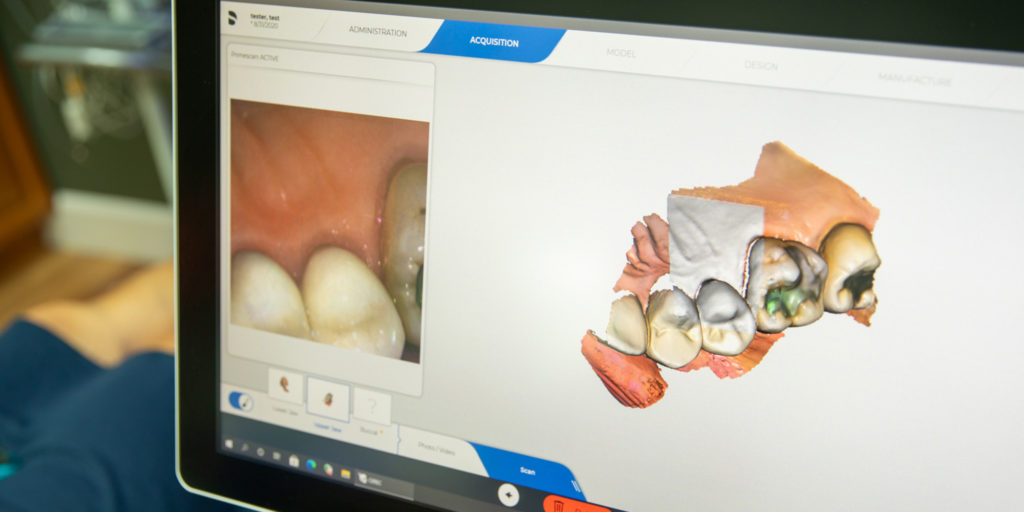

Dental crowns are a popular and effective solution for various dental problems, providing strength, protection, and aesthetic appeal to damaged or compromised teeth. However, to ensure the long-term success of your treatment, proper aftercare is crucial. After undergoing a dental crown procedure, it is important to follow post-procedure care, including regular checkups and cleanings, managing discomfort or pain, and adhering to dietary recommendations for the initial 24 hours.
Explore the essential steps you need to take to ensure the longevity and optimal performance of your dental crown with our dentist at our Spring Hill, TN dental office.

Taking proper care of your dental crown can lead to a long-lasting solution that provides you with a beautiful smile. Other important factors include:
Taking care of your dental crown is similar to maintaining natural teeth but with a few additional considerations. By following these fundamental dental crown aftercare practices, you can significantly prolong the lifespan and functionality of your restoration:
Maintaining proper oral hygiene is essential to preserve the health and appearance of your dental crowns. Here are some dental crowns aftercare tips related to oral health and hygiene practices:
Certain lifestyle habits can impact the longevity and performance of your dental crown. Here are some tips to consider:
Minimize Exposure to Acidic and Sugary Foods: Acidic and sugary foods can erode the enamel surrounding your dental crown, increasing the risk of decay and damage. Limit your consumption of acidic beverages like citrus juices and carbonated sodas, as well as sugary snacks and desserts.

Before receiving a permanent crown, most patients will receive a temporary crown until the permanent one is complete. Temporary crowns are essential for protecting a damaged or broken tooth and maintaining its shape and function. To care for a temporary crown, do the following:
Absolutely! Brush and floss your dental crowns just like you would with natural teeth. It’s essential to clean the area where the crown meets the gumline to prevent plaque buildup and gum disease.
If you notice that your dental crown feels loose or dislodged, contact your dentist immediately. They’ll examine the crown and determine the best course of action, which may involve re-cementing the crown or replacing it with a new crown, if necessary.
While dental crowns themselves can’t develop cavities, the natural tooth and structure beneath the crown are still susceptible to decay. It’s best to maintain good oral hygiene and attend regular dental check-ups to detect and treat any signs of decay early.
Proper dental crowns aftercare is crucial to ensure the long-term success and longevity of your dental crowns. By following the recommended dental care practices and maintaining good oral hygiene, you can enjoy the benefits of your dental crowns for many years to come.
Call our Spring Hill, TN dental office at 931-391-3089 to schedule an appointment with our dentists and learn more about your dental crown treatment options. We look forward to meeting new and returning patients from Spring Hill and its surrounding areas, such as Thompson’s Station, Jameson, and Bethesda, TN.
I understand the information disclosed in this form may be subject to re-disclosure and may no longer be protected by HIPAA privacy regulations and the HITECH Act.